The Insider's deceptive narrative: From Vardanyan to Canbäck A chronicle of lies
The Insider — an online publication that positions itself as independent, but has dubious sources of income — has published yet another anti-Azerbaijani article. I will discuss the previous materials posted on this resource below, but for now, I will focus on the new slander — which cannot be called anything else — presented to the readership.
What did Ruben Vardanyan call for?
The title of the article — "A Court Without Honor: Armenian Leaders of Nagorno-Karabakh Turned from Defendants into Hostages" — already speaks volumes. Just the headline alone is enough to understand that the author’s task from the outset was to discredit Azerbaijan, portraying as the "victim side" those who are accused of particularly serious crimes according to the Criminal Code of the Republic of Azerbaijan.
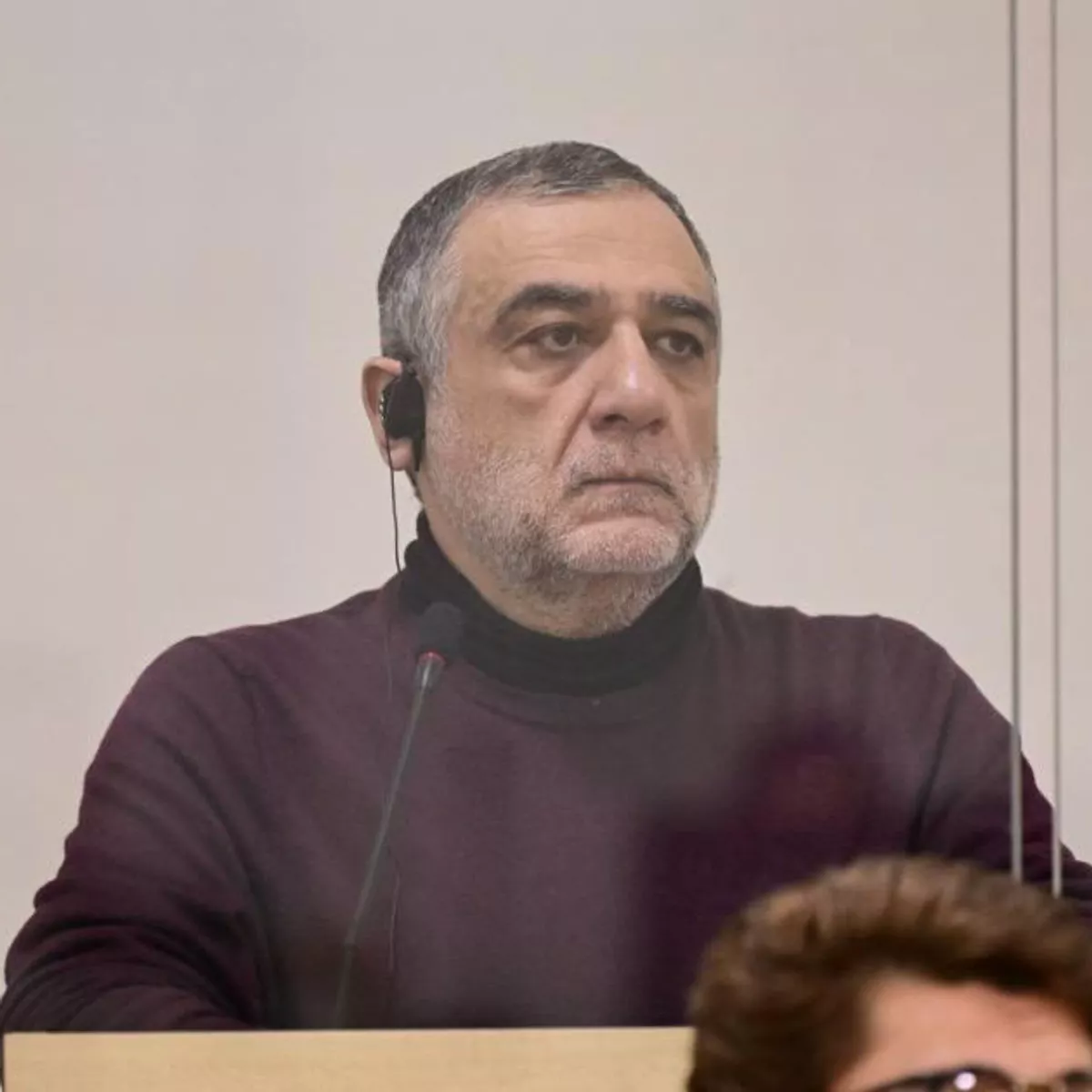
"Everything was used — including the author’s attempt to speak on behalf of... all of Armenia, which, to put it mildly, seems provocative.
"Heartbreaking footage of the former state minister of the Armenian administration of Nagorno-Karabakh, Ruben Vardanyan, who looks extremely emaciated due to his hunger strike, shocked Armenia," the article begins.
At the same time, blogger Roman Baghdasaryan, known for his closeness to the current leadership of Armenia, publicly voiced his position regarding Vardanyan at the end of 2023. Baghdasaryan openly called him the son of a woman with low social responsibility and expressed hope that Ruben Karlenovich "would die in a Baku prison." The conclusion is this: The Insider has rather "dubious insiders" if the attitude towards Vardanyan within Armenia itself is, to put it mildly, extremely ambivalent."
Moreover, Ruben Vardanyan, upon learning the content of this article, could very well have been pleased. He was referred to in it as what he himself has positioned himself as — one of the leaders of the Karabakh junta. This was indeed his former status. However, the fact that the author of the article refers to Vardanyan as a “state” and even a “minister” in the nonexistent “NKR administration” is pure fantasy, dictated by Armenian propaganda.
The author of the article, however, “forgets” that Vardanyan is accused of a whole series of grave crimes, including the development of the terrorist operation plan “Nemesis-2.” This plan involved organizing terrorist attacks against Azerbaijani diplomatic representatives abroad, as well as against citizens performing official duties and public obligations.
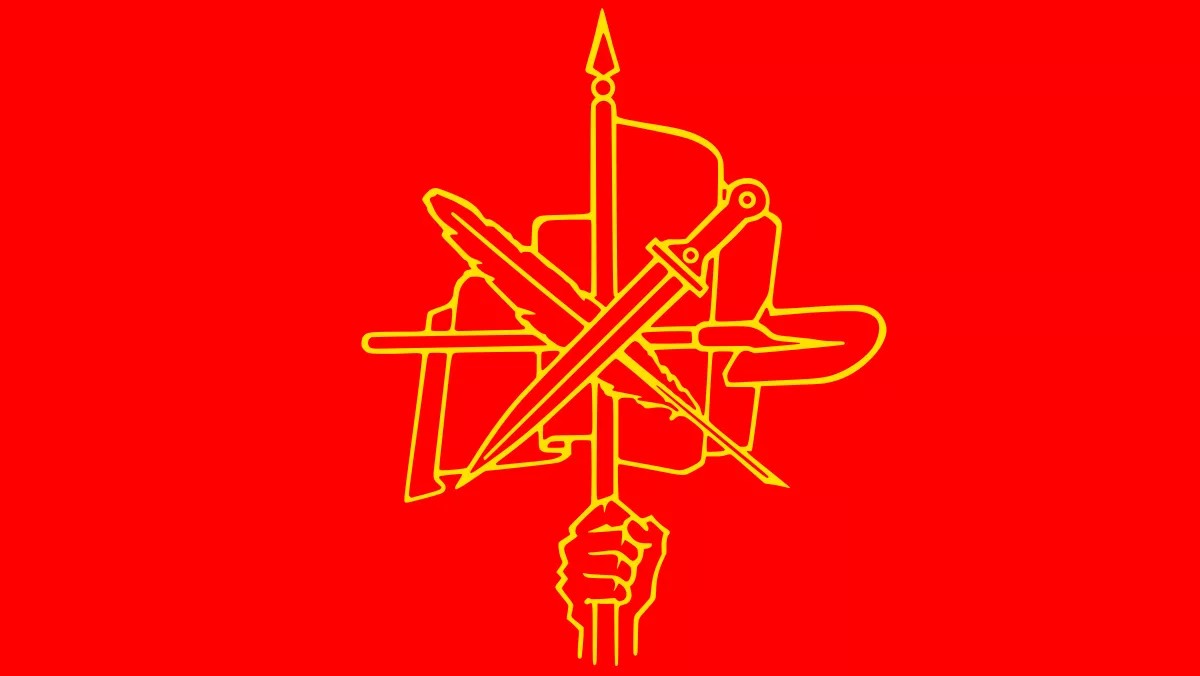
Operation "Nemesis" was a terrorist action carried out by the Dashnaktsutyun party, which resulted in the killings of: the Minister of the Interior of the Ottoman Empire Talaat Pasha, one of the leaders of the Young Turks Bahaeddin Shakir, the Grand Vizier Said Halim Pasha, Jemal Pasha, the governor of Trabzon Jemal Azmi, the first Prime Minister of the Azerbaijan Democratic Republic Fatali Khan Khoyski, the Deputy Chairman of the Parliament of the Azerbaijan Democratic Republic Hasan-bek Agaev, and the Minister of the Interior of the Azerbaijan Democratic Republic Behbud Khan Javanshir.
In simpler terms, Vardanyan proposed to revive the bloody practices of Armenian terrorist groups. Furthermore, he illegally crossed the state border of Azerbaijan from Armenia toward the Lachin District and settled in the Karabakh Economic Region of Azerbaijan, where Russian peacekeeping forces were temporarily stationed at that time.
It has also been established that Vardanyan collected funds through the "Aurora" foundation and other structures claimed to be "humanitarian." In reality, these funds were directed towards supporting illegal armed formations, purchasing and smuggling weapons and military equipment into Azerbaijan.
In which country in the world would a defendant charged with such serious crimes be set free? The answer is obvious—there are no such precedents. This is why attempts to present Ruben Vardanian as a "victim" appear, at the very least, immoral. Just as the attempt to distort the essence of the high-profile statements made during the trial does.
Ah, familiar faces!
"Actually, Baku is going further, accusing Yerevan of recognizing its own guilt in supporting 'separatism' in the 'NKR' by supporting the accused," says an "insider" article. As we can see, the author of the material even puts the word "separatism" in quotation marks, although in this case, the essence of the issue is crystal clear.
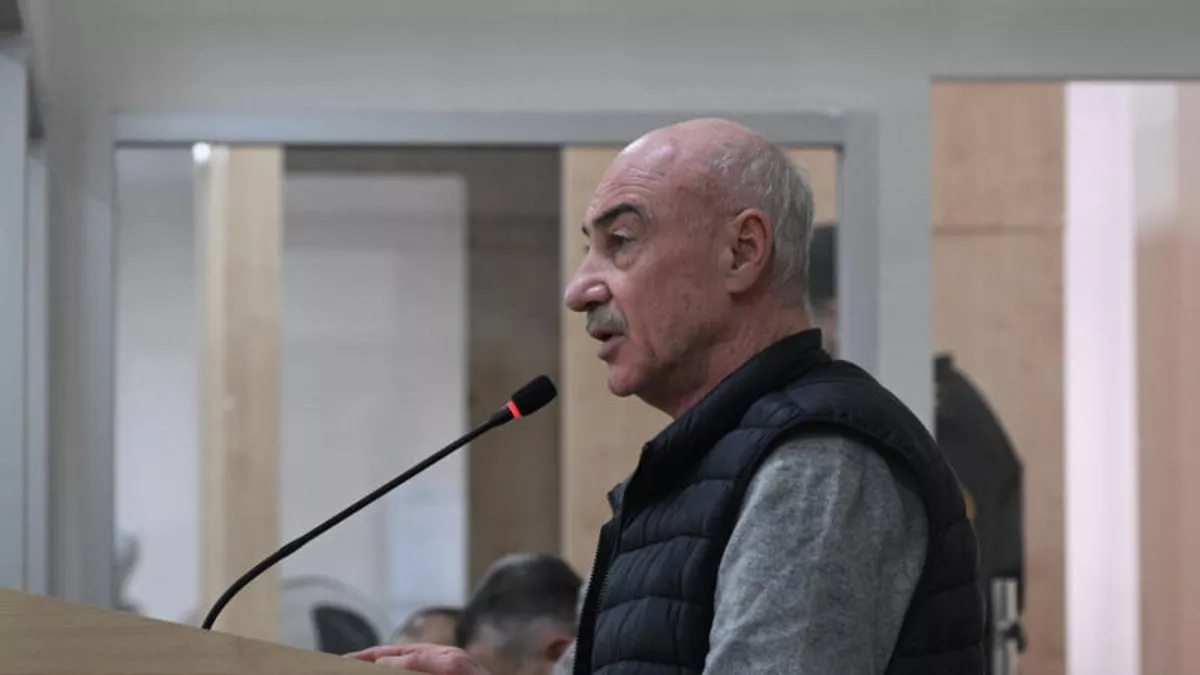
One of the former leaders of the Karabakh junta, Arkadi Ghukasyan, admitted that the "budget" of the illegal regime was formed with funds from Armenia. Elaborating on this admission, he stated that the money allocated by Yerevan to the regime's "budget" was formally referred to as a "loan," but in reality, it was interest-free and indefinite subsidies.
Another defendant, Levon Mnatsakanyan, stated that in June 2015, he was appointed as the "defence minister" of the puppet regime at the direction of the then-president of Armenia, Serzh Sargsyan, with the assistance of Armenia’s defence minister, Seyran Ohanyan. This fact was also confirmed by the former head of the Karabakh junta, Bako Sahakyan. According to him, the "army" of the so-called "Karabakh regime" was, in fact, the largest armed formation of the Armenian Armed Forces.
Moreover, Sahakyan pointed out that appointments to positions such as "defence minister," "chief of staff," and similar roles in the structures of the illegal regime were made upon the recommendation of the Armenian Ministry of Defence and approved by the country's president.
Sahakyan separately emphasized that no weapons of the "Iskander-M" or "Tocka-U" types were present in the temporarily occupied territories of Azerbaijan. Responding to a question about artillery shelling of civilian objects in Azerbaijan, Sahakyan directly stated: "I can say that these artillery shellings were not carried out from the territory of Karabakh."
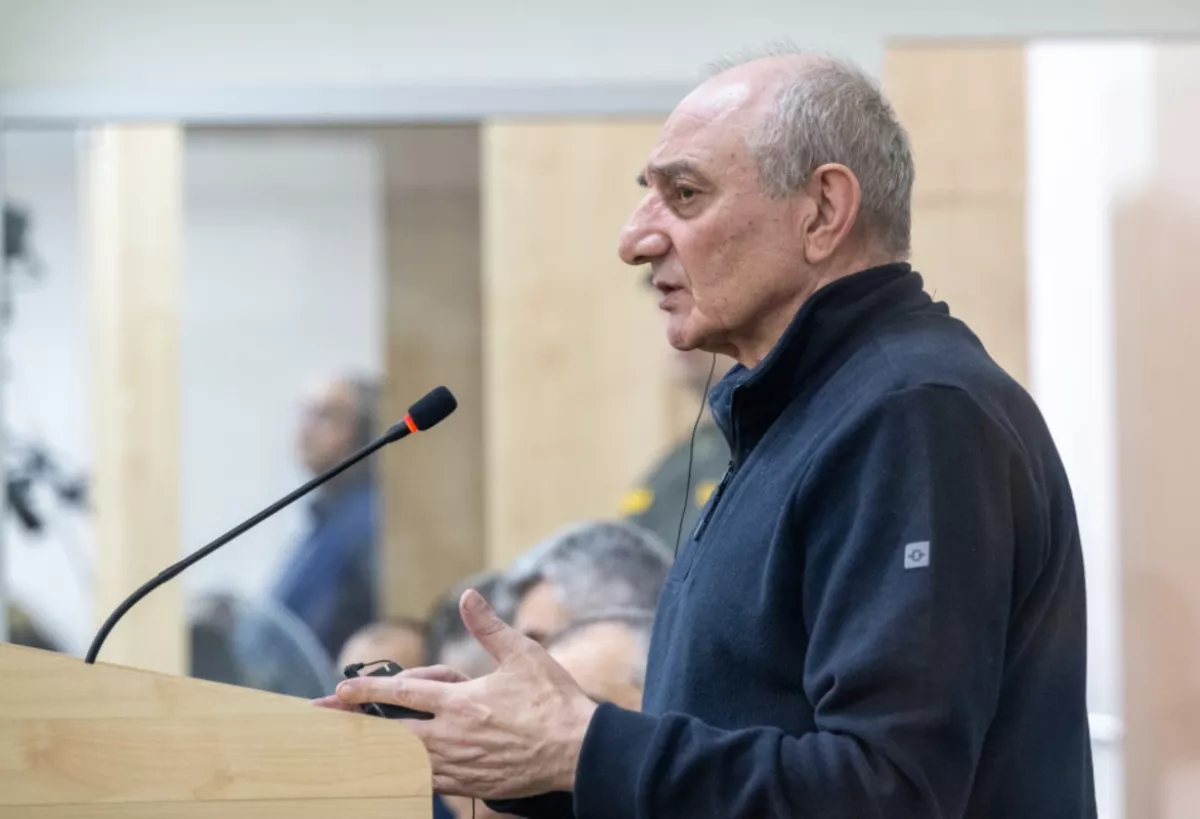
In essence, Sahakyan clearly indicated that the shelling of Azerbaijani cities was carried out from the territory of Armenia, and the responsibility for this lies with the political and military leadership of Armenia.
Naturally, there is not a word about these admissions in the "insider" publication. The reason is obvious: the author of the material is the well-known Azerbaijanophobe and supplier of propaganda services to the Armenian diaspora, Rasmus Canbäck. This individual made three illegal trips to the temporarily occupied territories of Azerbaijan—in 2016, 2017, and 2019.
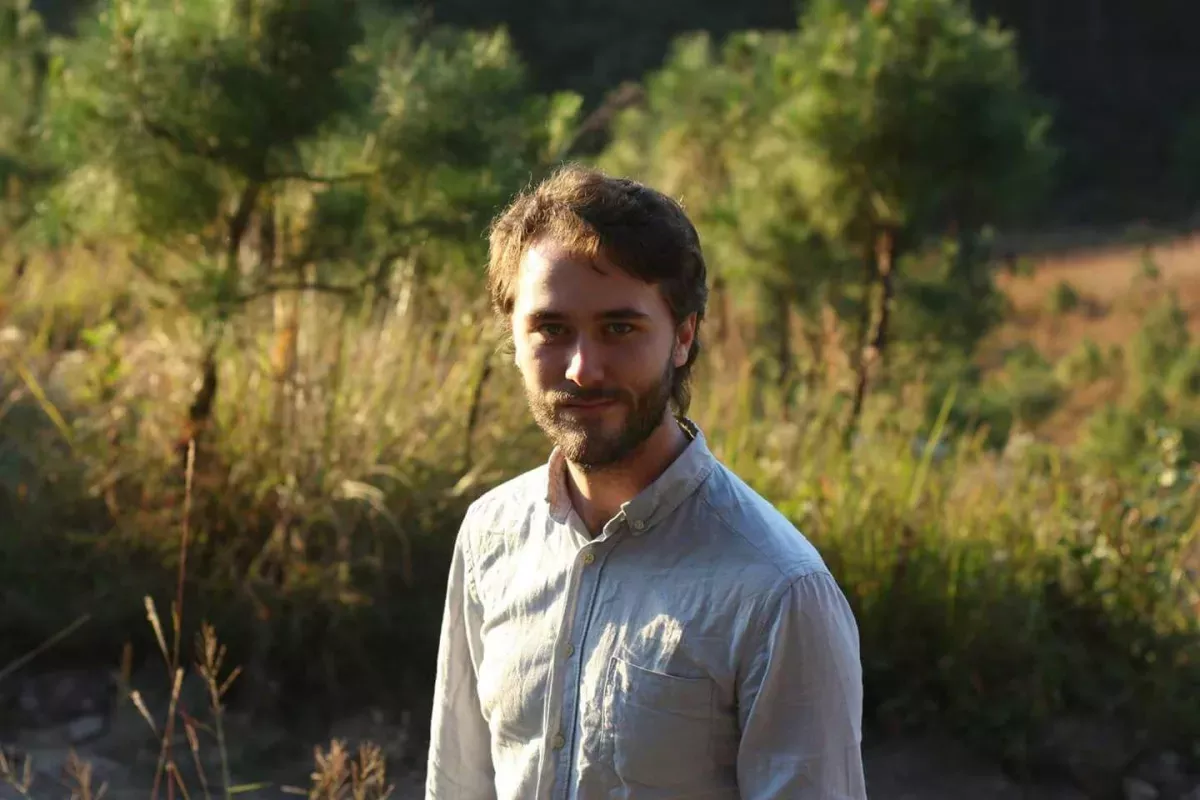
Earlier, we wrote about how Canbäck was "financially tempted" by Armenia's National Security Service through Alexander Arzumanyan—the Armenian ambassador to Sweden, Denmark, and Norway. It was also noted that his publications were generously funded both by the Armenian Embassy in Sweden and by Gevorg Nalbandyan, the owner of GN Tobacco Sweden.
Who specifically paid for Canbäck's latest anti-Azerbaijani pamphlet—whether it was just the individuals mentioned or someone else—currently doesn't matter as much. The key point here is this: there is nothing surprising about the appearance of such a deceitful and entirely unprofessional publication. There have always been, are, and will be those who confuse journalism with the world's oldest profession. And there will always be those who are willing to pay for their "transformation."
Names may change, but the tradition of lies remains. Finally, as promised, I will share my thoughts on the online publication The Insider. It was founded in November 2013 by journalist and political activist Roman Dobrokhotov. The editorial office is based in Riga, Latvia. From its inception, the publication has viewed the situation in the South Caucasus exclusively through the lens of Russian politics in the region. In December 2020, an article by political analyst Arkady Dubnov titled "Sovereignty in exchange for electricity. Russia strengthens its protectorate in Abkhazia and Nagorno-Karabakh, and this is just the beginning" was published on its pages. Even then, the author's amateurish approach was evident, and now, rereading those lines simply feels laughable. Dubnov either presented wishful thinking as fact or dutifully carried out someone's information order.
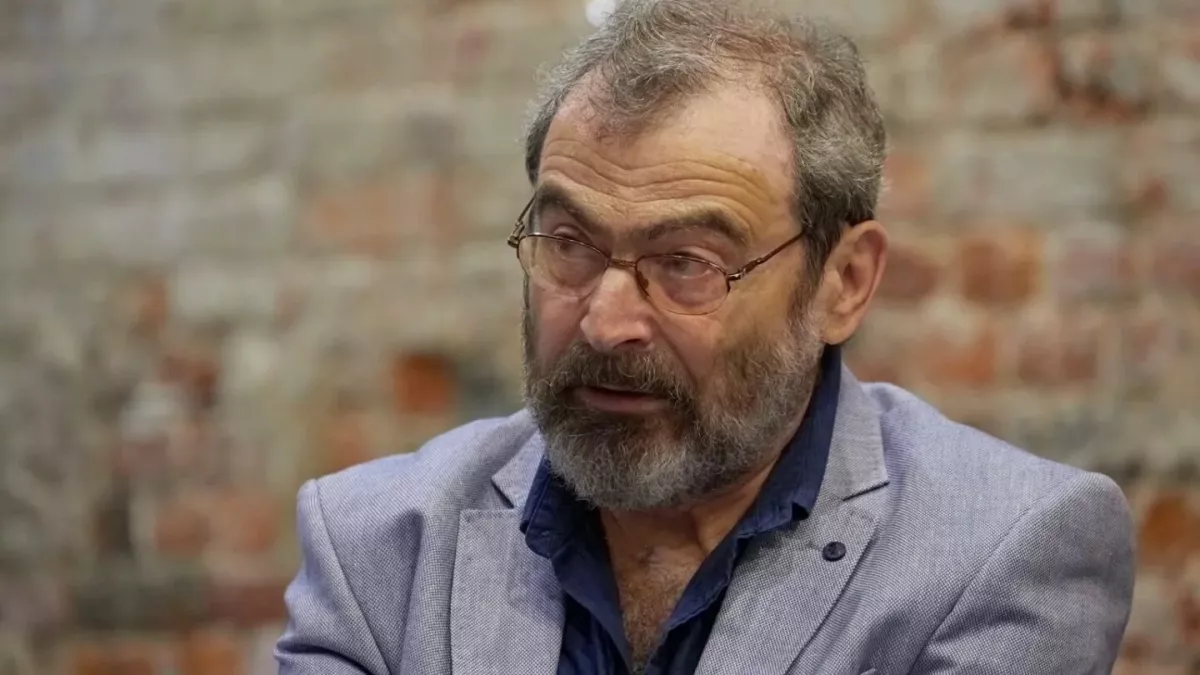
"Russia's intervention, which allowed the Second Karabakh War to be stopped, was not limited to its humanitarian-peacekeeping deployment in the region," he claimed. And this was a blatant lie. Evidence came later: Azerbaijan's full restoration of its sovereignty and territorial integrity as a result of a one-day anti-terrorist operation in the Karabakh Economic Region, followed by the withdrawal of Russian peacekeepers from Azerbaijani territory.
These events became a convincing demonstration of Baku's principled and consistent approach to achieving its historical goals. But Dubnov, at the time, "couldn't see the forest for the trees." And he was wrong not only in matters related to Azerbaijan.
"You don't have to be a deep analyst to assume that some in the Georgian elite may be tempted to replicate Baku's relatively successful experience of regaining control over territories that declared their independence," he wrote.
And what was the outcome? Official Tbilisi has repeatedly stated that the use of force is unacceptable for them. They prefer dialogue with those who have chosen the path of separatism. This is their right. We can only wish the Georgian side success in the peaceful restoration of its territorial integrity.
Let's return to previous publications in The Insider. In October 2023, another article titled "Was This Possible? How the Use of Force in the Karabakh Conflict Will Affect Moldova, Georgia, and Ukraine" was published. The authors, Sofia Presnyakova and Vyacheslav Epuryanu, astonished readers with the scale of unprofessionalism, amateurism, and willingness to spread blatant lies.
"The capture of Karabakh by Azerbaijani forces is not just the resolution of a long-standing 'frozen' armed conflict and territorial dispute. In fact, the unilateral use of force to eliminate an unrecognized but well-established state entity that existed for over 30 years seems to be an important precedent with far-reaching consequences for the entire former Soviet space," they wrote.
Thus, the restoration of Azerbaijan's territorial integrity, the implementation of a key international principle, and the execution of four UN Security Council and General Assembly resolutions were attempted to be called a "capture" by the authors. This is not just manipulation—it's an outright provocation.
Moreover, to call a self-proclaimed unrecognized entity a "factually established state" is false, vile, but entirely in line with the spirit of this publication. The authors of anti-Azerbaijani articles in The Insider may change, but the publication's overall direction remains unchanged.
The Insider continues to cultivate a cocktail of lies, manipulation, fantasies, and basic foolishness. And that's exactly how it should be regarded.








